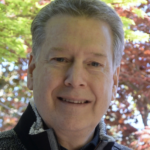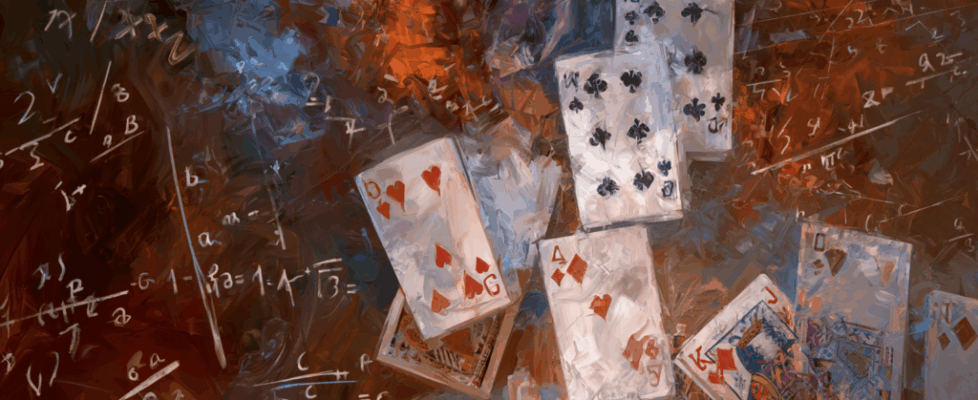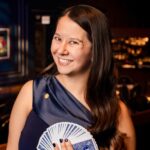Multi-Messenger Astronomy – Feb 24
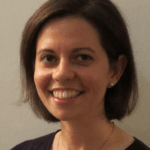
Dr. Raffaella Margutti


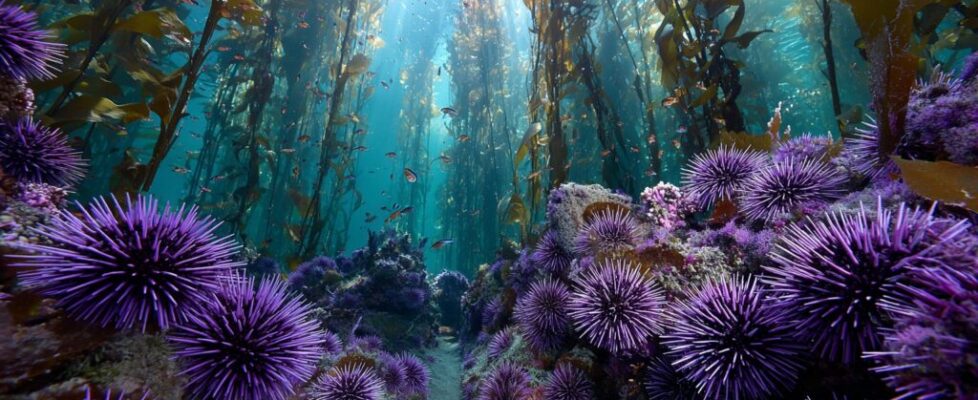
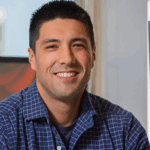
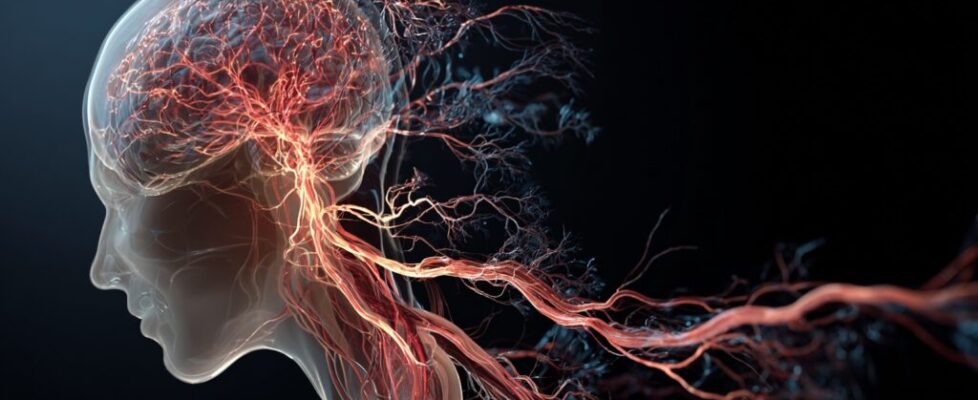

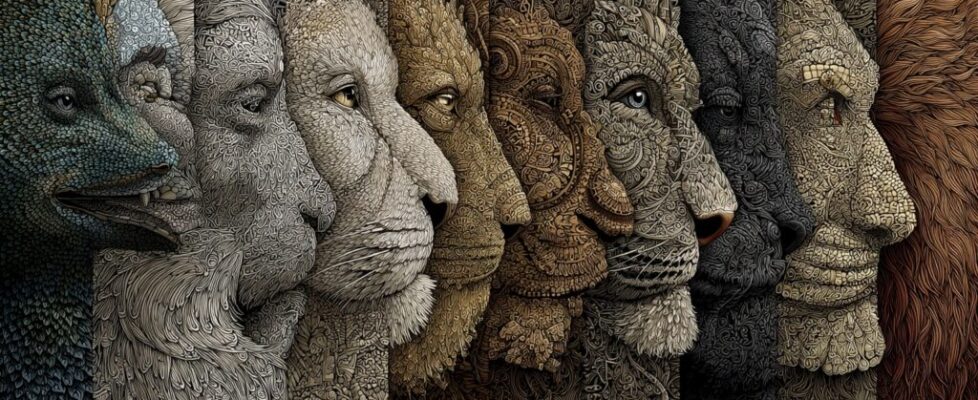
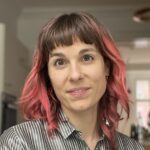
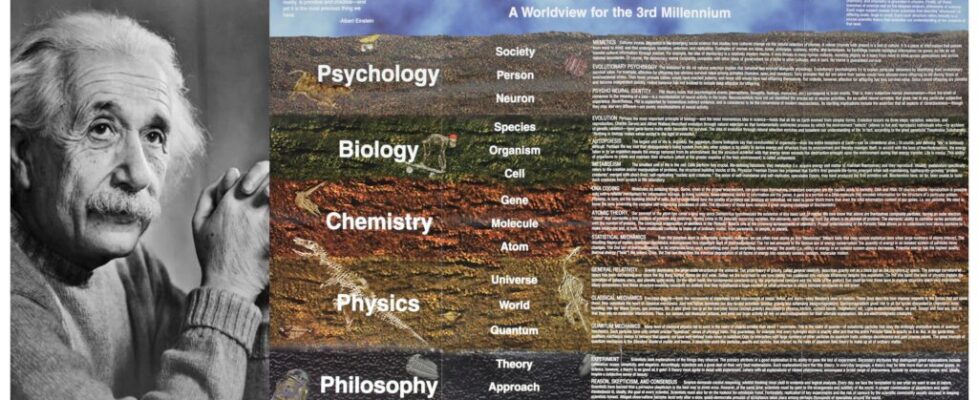
Albert Einstein: “One thing I have learned in a long life: that all our science, measured against reality, is primitive and childlike — and yet it is the most precious thing we have.” This quotation graces the very top of Wonderfest’s large-format Layers of Scientific Understanding (LoSU) poster. In the spirit of holiday appreciation, this special year-end Wonderfest event will review — with much audience participation — each of the fifteen layers within this wonderful graphic depiction of Einstein’s “most precious thing.” Published in the year 2001, and distributed to every high school science department in the Bay Area, the LoSU poster celebrates science as “a worldview for the 3rd millennium” … perhaps with principles that last for eternity.
